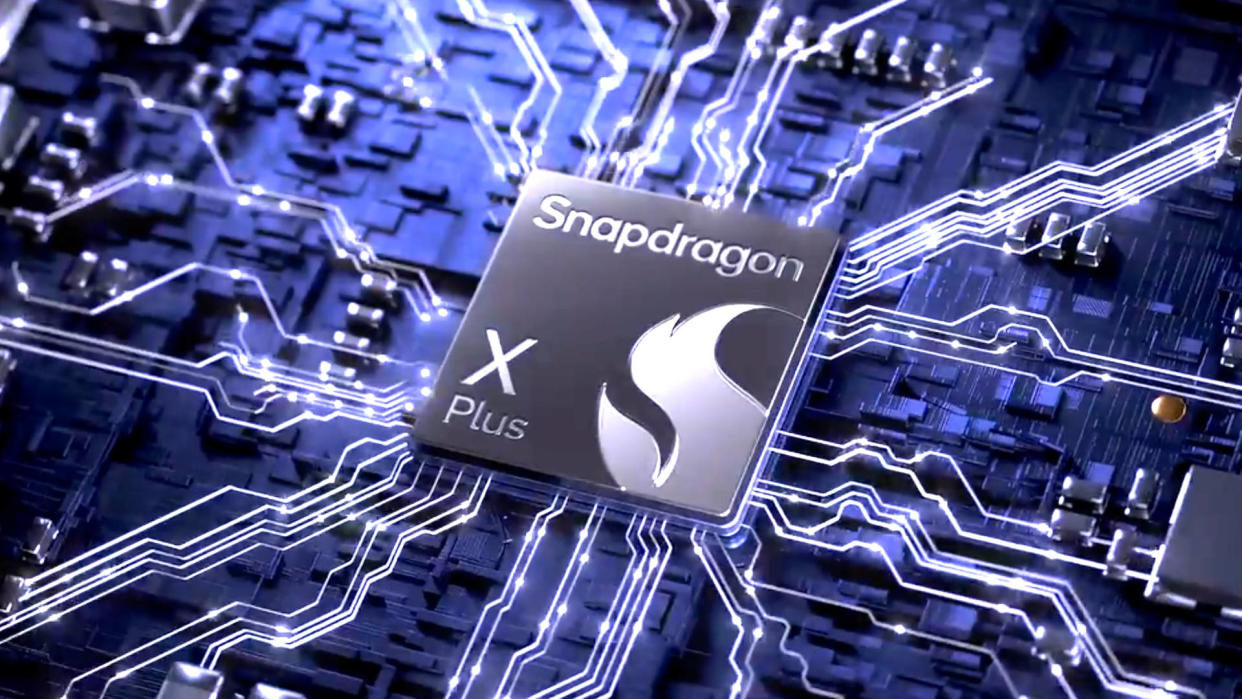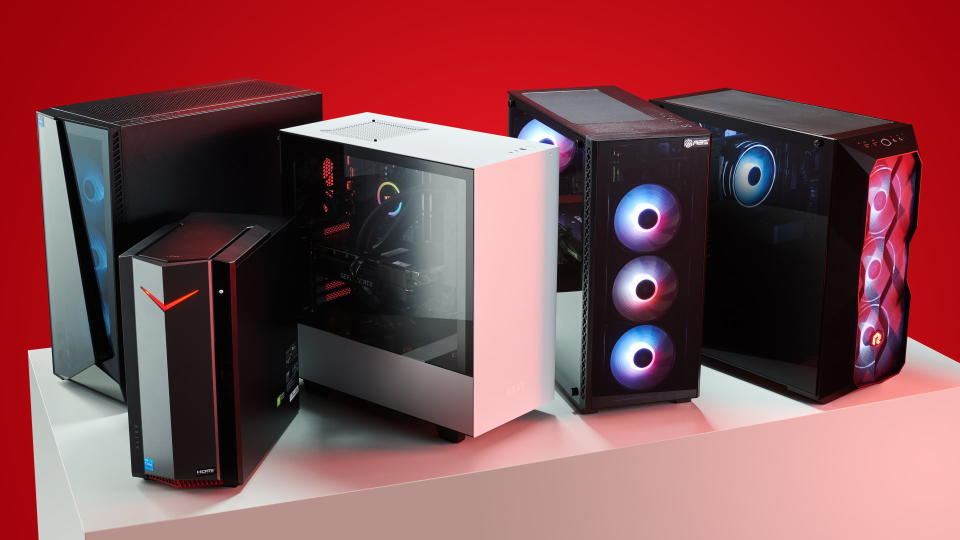Leaked Dell docs suggest Qualcomm's new laptop chips could deliver nearly twice the battery life of the latest Intel CPUs

A leaked internal presentation by Dell on its forthcoming laptop models continues to give up interesting nuggets, this time a slide notes that Qualcomm's Snapdragon X processors are cheaper and less energy-hungry than all of Intel's recent chips, including Meteor Lake. So much so, that in some cases, battery life in equivalent laptops is extended by as much as 98%. And all that's done with chips that are half the price.
The Dell presentation in question also noted the split line between Intel and Qualcomm for its upcoming laptops, and was discovered by Videocardz just a few days ago. At over 300 pages in length, there was bound to be lots of juicy information. The first thing of note was Dell's plans to rapidly update its laptop models each year, with Intel's forthcoming range of architectures, but that's just the tip of the iceberg.
Dell has been testing various configurations of its laptops, comparing the energy consumption of Arm-based Snapdragon X chips to Intel's Alder Lake and Meteor Lake CPUs. On platforms sporting Qualcomm processors, local video playback (i.e. running a movie from the SSD) requires half the amount of power as an equivalent Alder Lake chip—a little over 21 hours of playback compared to just 11 hours on the Intel laptop.
It's a similar story for movie streaming and Qualcomm's chip was at least 68% better, in terms of battery life, compared to the best Alder Lake laptop. These figures tally with Qualcomm's claims of its chips being more energy efficient than Meteor Lake, with battery life being 40 to more than 100% longer than a Core Ultra 7 platform, depending on the application.
Processors based on the Arm architecture are well known for being very energy efficient, as they're often used in situations where low power consumption is an absolute necessity, such as in smartphones, embedded systems, and wearable devices. Qualcomm has years of experience in these sectors so it shouldn't come as a surprise that its Snapdragon X chips are just as light on power.
What might surprise some is that despite being a brand-new design, Qualcomm is substantially under-cutting Intel on price. Dell estimated it will need to pay $145 for a 10-core Snapdragon X Plus chip, compared to $296 for a 12-core i7 1360P chip.
Even if Intel's processor is notably faster than Qualcomm's offering, that price is clearly going to be very enticing to Dell. Budget and mainstream laptops typically have small profit margins, so anything that can be used to slice $100 to 150 off the BOM (bill of materials) is going to be snapped up.
Not that the end consumer will see significantly lower prices, though. The lengthy document also points out that a Snapdragon-powered XPS 13 laptop will still cost a little under $1,289 for materials, software, warranties, etc—roughly $100 lower than an equivalent Intel build—so they probably won't be sold for much less than that, if at all.
Dell's presentation clearly shows Apple as being its chief competitor, noting that the M2 Macbook Air retails at $1,199 for an 8GB RAM, 256GB SDD model. The target customer for the Snapdragon X laptops ("young metropolitan") is probably not going to worry about a price difference of a few hundred dollars and instead will want something that either looks the part or has a great battery life, especially when consuming media.
Your next machine

Best gaming PC: The top pre-built machines.
Best gaming laptop: Great devices for mobile gaming.
Traditionally, that's always meant getting a Macbook but Dell obviously believes it has the right product to challenge that mindset.
Early viewings of Snapdragon X all point to the chips being perfectly capable of handling Windows-based applications and games just as well as the competition, and while Qualcomm's performance claims have yet to be independently tested, the low power consumption and competitive price should mean we'll see some really good laptops appearing this year.
If they sell well enough, a fourth competitor in the notebook chip market should help drive prices lower, as each vendor attempts to pull customers away from the usual crowd.
While I'm ambivalent about 2024 being the year of the AI PC, I'm becoming increasingly sold on it being the year of the Arm PC. With MediaTek and Nvidia rumoured to be joining the party, it's clear that I'm not the only one.

